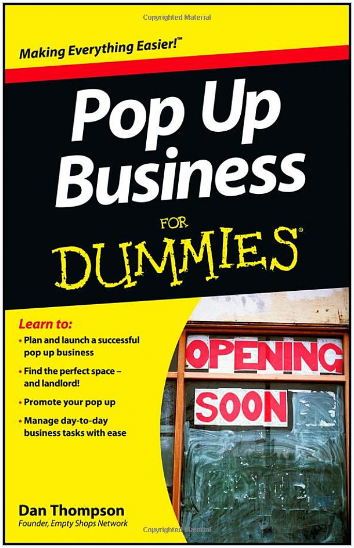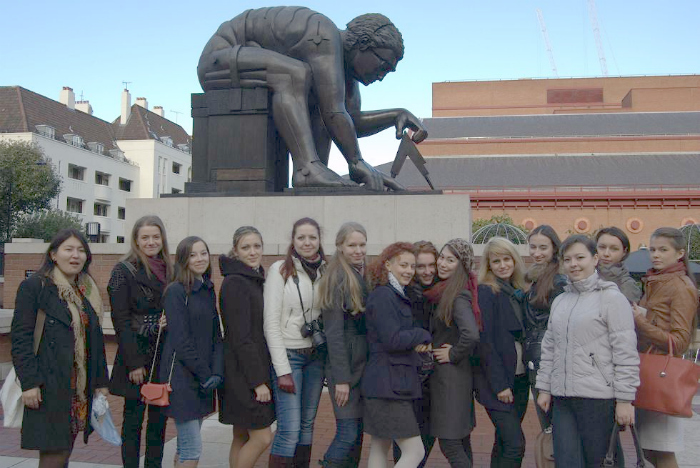 Our Spring Market in 2012 was such a success, we decided to run it again (surprise).
Our Spring Market in 2012 was such a success, we decided to run it again (surprise).The prize is a stand at our Spring Market on Monday 4 March 2013 on the British Library Piazza in London. The Market is part of our Spring Festival and will show off the work of ten of the most innovative jewellery, fashion, homeware and craft designers who have used the British Library. If you have attended an event, used our Business & IP Centre, seen an exhibition or have a Reader Pass you are eligible to enter.
We have up to 5,000 visitors at any one time. You’ll be able to exhibit and sell your products to our visitors for the day, get experience and training in running a market stall, gain free business advice through our Business & IP Centre, plus lots of marketing and press exposure.
See the winners of last year’s Spring Market competition
Your prize
- A market stall during the Spring Market. We will provide a stand, fabric covering and basic staging.
- A workshop on how to dress your stand and gain the most out of the opportunity.
- Your work featured on the British Library website.
- We will promote your products via the British Library’s marketing channels including Twitter, Facebook, blogs and our website.
- You’ll be included in a British Library press release sent to major national and local publications.
Competition criteria
We are looking for designers and makers who:
- Produce fine art and photography, graphic art, jewellery, crafts, home-ware, fashion or other products.
- Have been trading for at least six months in the UK.
- Have a product range which has potential to make a fantastic visual display on a market stall.
- Can sell the majority of products for around £30 or less (so that it is affordable for passing trade). Although it is fine to have a small range of high-end products to show the full range of your work.
- Are able to attend the workshop for competition winners on Friday 8 February 2013.
- Have used the British Library e.g. for events, exhibitions, our collections and Business & IP Centre.
How to enter
Complete our word document form and email it to springmarket@bl.uk by midnight on Sunday 27 January 2013.
Read our competition terms and conditions
Key dates
Midnight on Sunday 27 January 2013: Deadline for the competition
Friday 1 February 2013: Winners announced via email and on our website
Friday 8 February 2013: Workshop for the winners
Monday 4 March 2013: ‘Made with the British Library’ Spring Market























